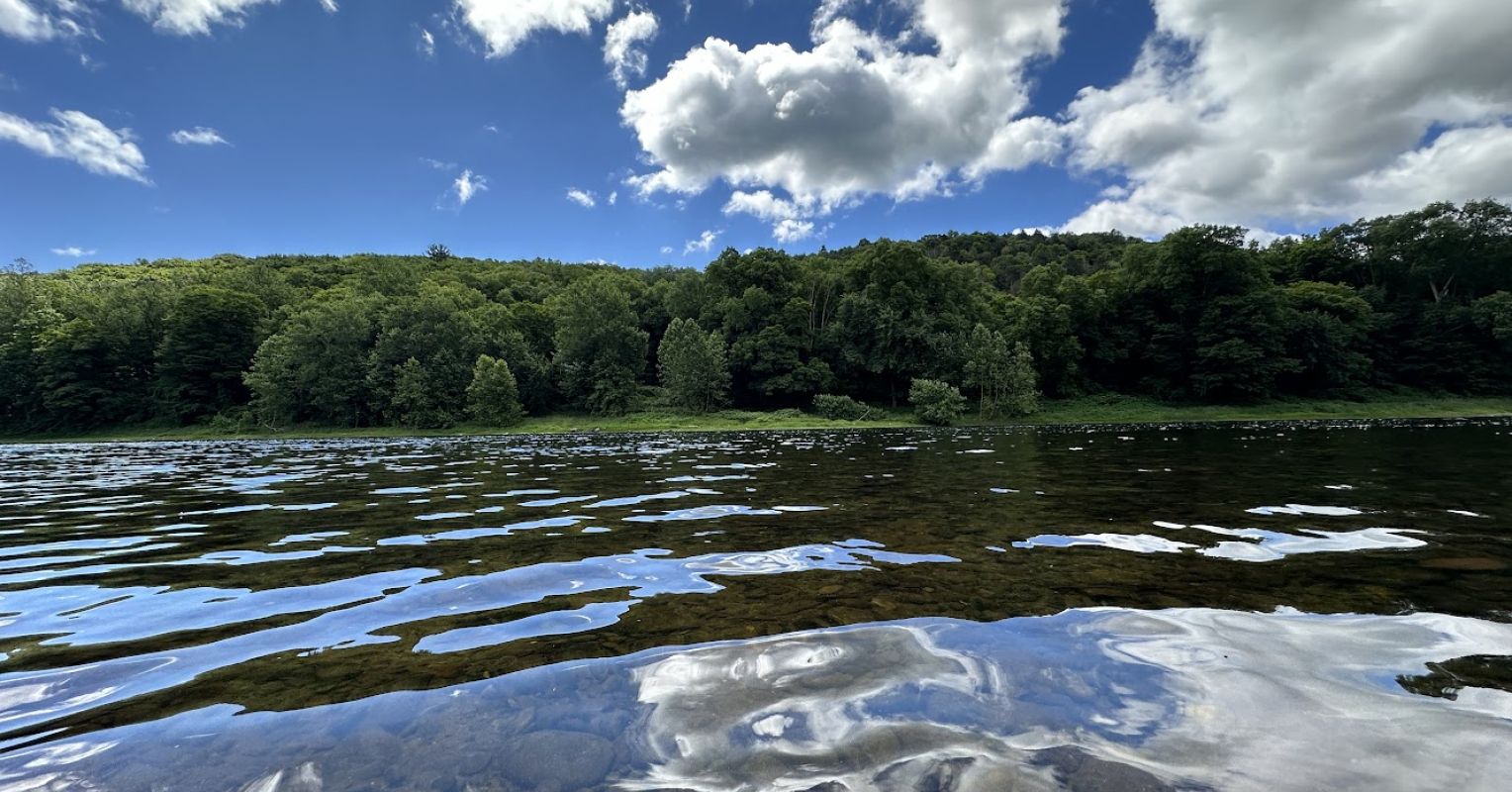
"These creatures are voiceless and powerless in our anthropocentric world. Who is going to make sure that they can breathe? What is going to happen to our planet if we continue to overuse its precious resources?"
"Eco-anxiety can be felt directly or indirectly. I see the direct effect of eco-anxiety in my science colleagues, especially environmentalists, botanists, zoologists, biologists, and climatologists, who are experiencing firsthand in their daily research the devastating effects of climate change."
"The American Psychological Association (APA) describes eco-anxiety as 'the chronic fear of environmental cataclysm that comes from observing the seemingly irrevocable impact of climate change and the associated concern for one's future and that of next generations'."
"Collectively making eco-anxiety conscious can propel a collective movement to care for the Earth."
The article discusses eco-anxiety, a pervasive fear surrounding climate change that affects many, including professionals in fields directly observing its impacts. It emphasizes the emotional toll of this anxiety, often manifesting as despair and hopelessness. The concept of reciprocity is highlighted as essential in our relationship with nature, suggesting that mutual care can alleviate some of these anxieties. The American Psychological Association defines eco-anxiety as a chronic fear related to environmental crises, motivating the need for collective action to address the climate crisis and care for future generations.
Read at Psychology Today
Unable to calculate read time
Collection
[
|
...
]